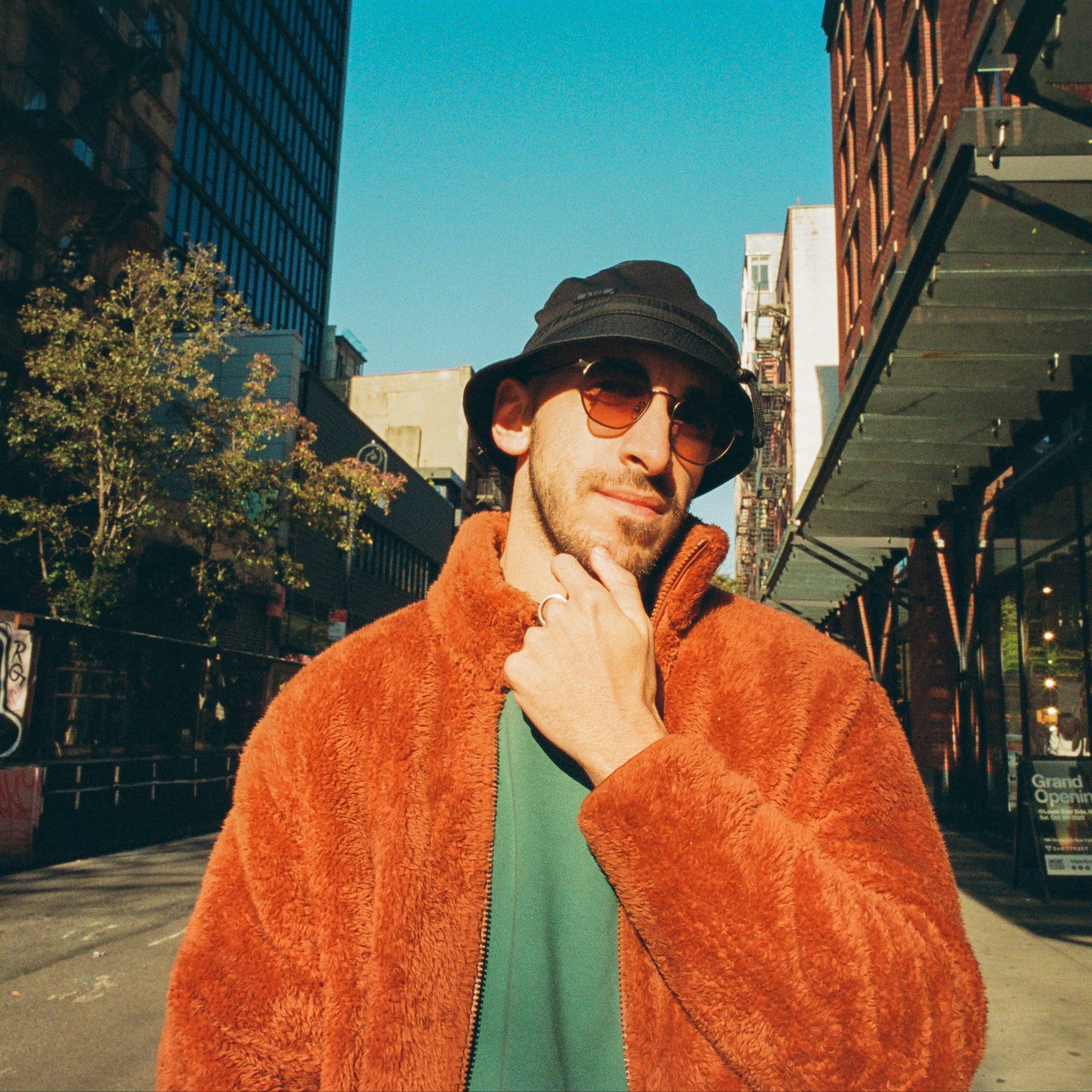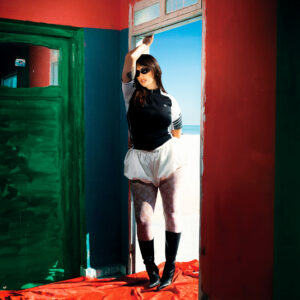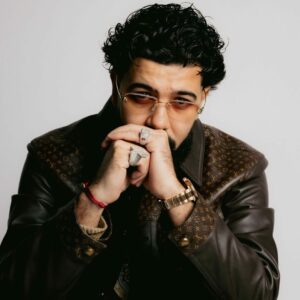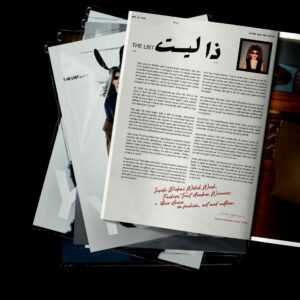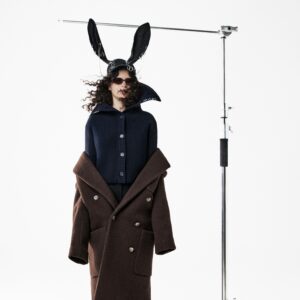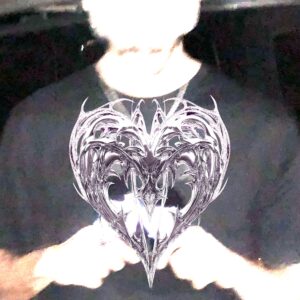Based in London, the Lebanese DJ and producer Sam Karam (Instagram) tackles house and techno beats to shake up the electronic music scene with a sense of Arab pride.
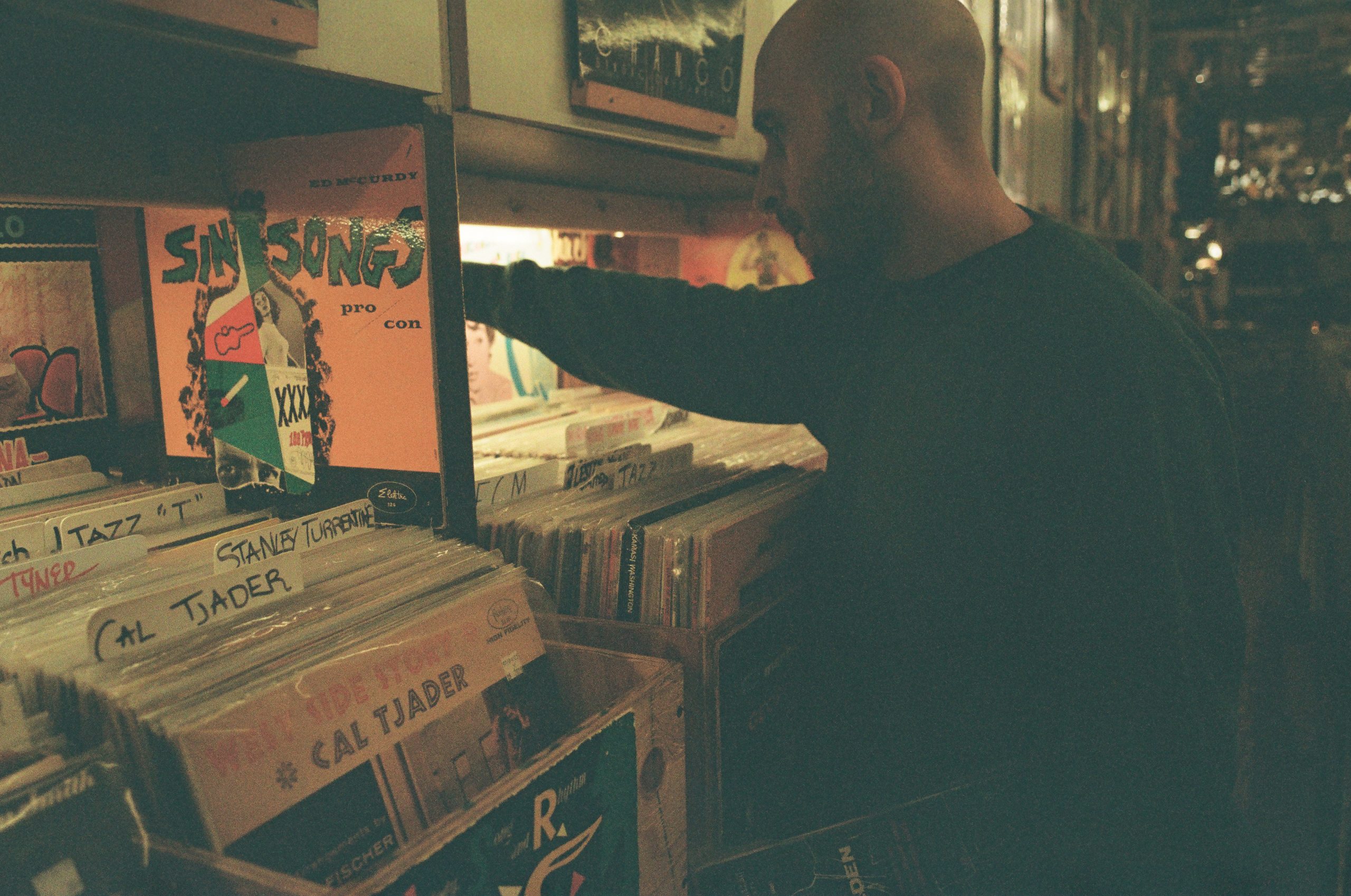
What has been your favourite gig so far?
It’s been an incredible year for me, my busiest to date. Playing at Sama Abdulhadi’s fundraiser for Beirut was one of the best performances of my life. The Palestinian techno queen invited some Lebanese DJs to play at one of the best clubs in London, so the pressure was on. I managed to weave in fun house-y vocals with entrancing techno, and even slipped in some Palestinian rap – Shabjdeed and Al-Nather’s Mtaktak.
Who’s your favourite Arab music icon?
This is a tough one. Sonically, I’m almost always inclined to say Fairuz, because her voice is just unmatched and otherworldly. I would say, though, that Umm Kulthum still takes the crown as the greatest of all time. If I had a choice between a ticket to Mars or to time travel to an Umm Kulthum concert back in the day, I’d choose Umm Kulthum in a heartbeat. In contemporary times, I have to give a big shoutout to Felukah who, unlike most manufactured pop stars from the Middle East, is breaking boundaries and connecting with listeners on another level. The expat experience for Arabs is very real and difficult, and to be a voice for them is something that is much needed.
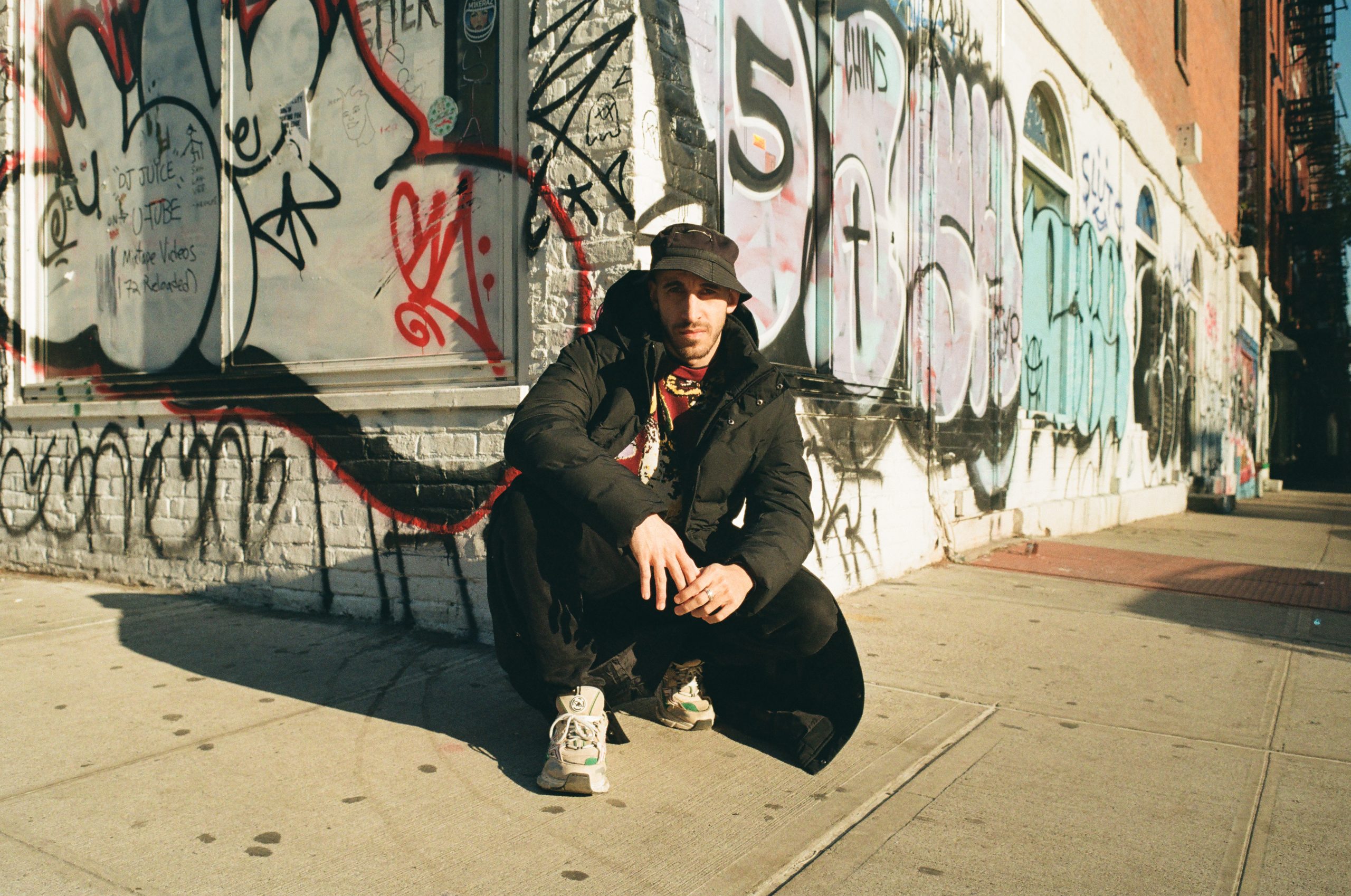
What do you love so much about Umm Kulthum?
She was basically techno before techno was even invented. The long sets, the hypnotic effect of her repetition of words, the tension created by elongating pronunciations, the emotion evoked from the harmony of the instruments behind her, and the hype coming from her audience. These are the ingredients that make magical dancefloor moments, which people around the world seek out in good times, and bad times.
What message do you try to convey through your music?
I always try to be intentional with my writing, whether it’s the more cosmopolitan electronic tracks, or my Lebanese-identity alluding tracks, like those on the Sorrow Carves album.
Although it’s hard to decipher and deliver a message in electronic music – what with its lack of words most of the time – I want to invoke a sense of Arab pride when people listen to songs on that album.
When people think of Arabic electronic, they often think of Acid Arab bangers or Omar Souleyman’s nasal synth melodies. Even on They Troubled Us, the closest thing to a wedding banger on that album, I tried to emulate a trippy atmosphere and bring manipulated vocal samples to the foreground.
The SWANA region has many talented producers, and I want them to get ideas from the rich catalogue of music our homelands hold. I would rather we use these samples in novel ways before a European with an oriental alias does it.
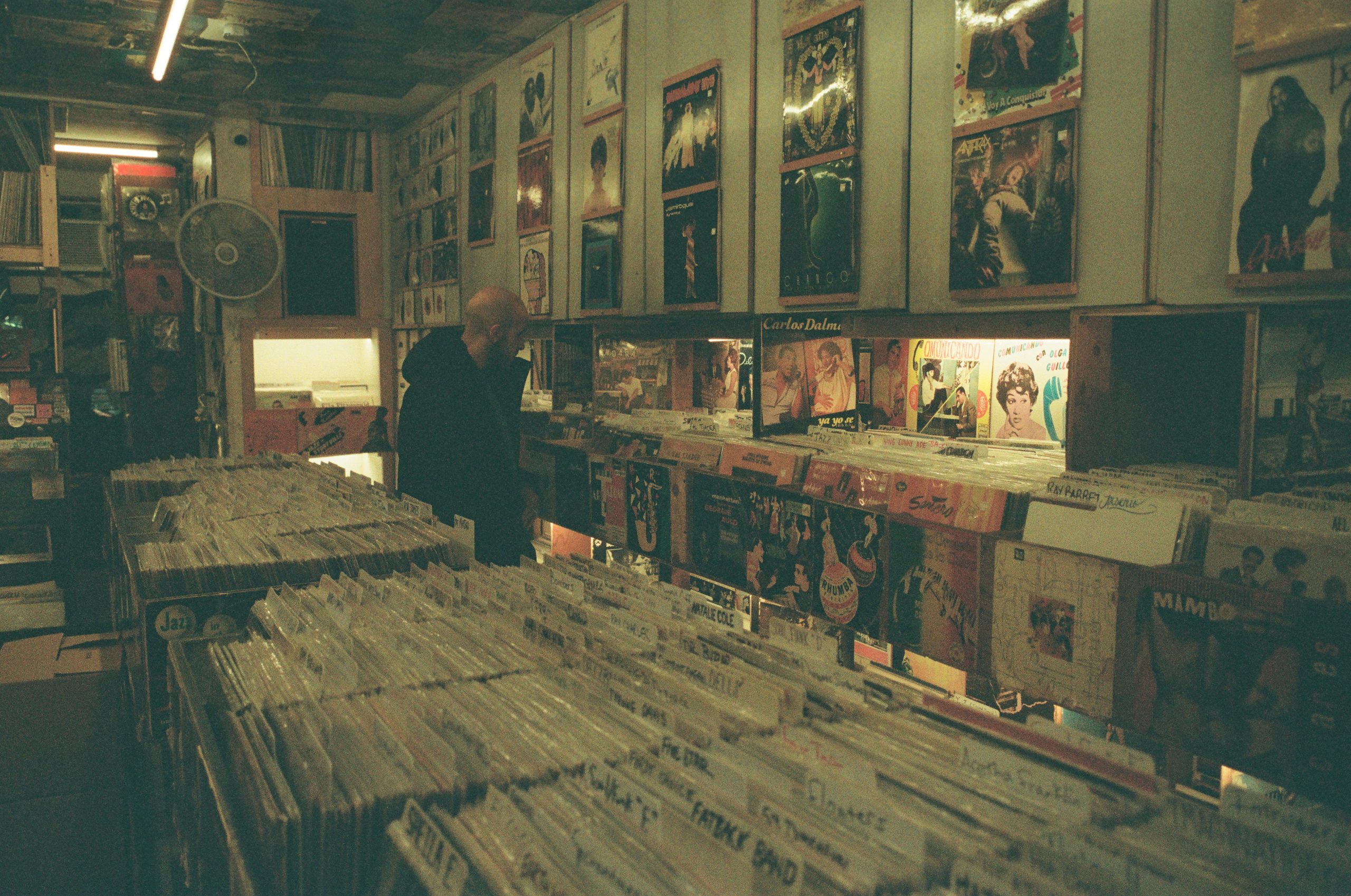
When did you realise your love for music?
Getting up for school was always exciting. Not because I had to go to school, but because I was always excited to pick a cassette to play in the car ride. When my dad traded up for a car with a CD player it was like the gates of heaven opened. Not only could we listen to albums from the collection at home, but I could burn mixtapes and curate our car rides from Beirut to the mountains or to the Bekaa Valley.
Did you have support to pursue your career in music?
I’m very lucky that my parents always helped to nurture my creativity, especially with guitar lessons, from a young age. However, the social stigma of pursuing a career in music was definitely troubling. I felt this more from teachers, classmates and society in general.
But, I’m truly fortunate that out of all the obstacles that you face when pursuing such a challenging career, my parents were not one of them. I couldn’t be where I am without their faith and support.
How have you been treated within the industry?
In the past eight years of pursuing this, I’ve had support and belief from a huge pool of DJs from different (mainly immigrant) backgrounds in London. One particular crew is Mehmooni, a party series by the wildest Iranians in the capital. I recently played with their organisers again at Color Factory to raise awareness about the revolutionary efforts in Iran.
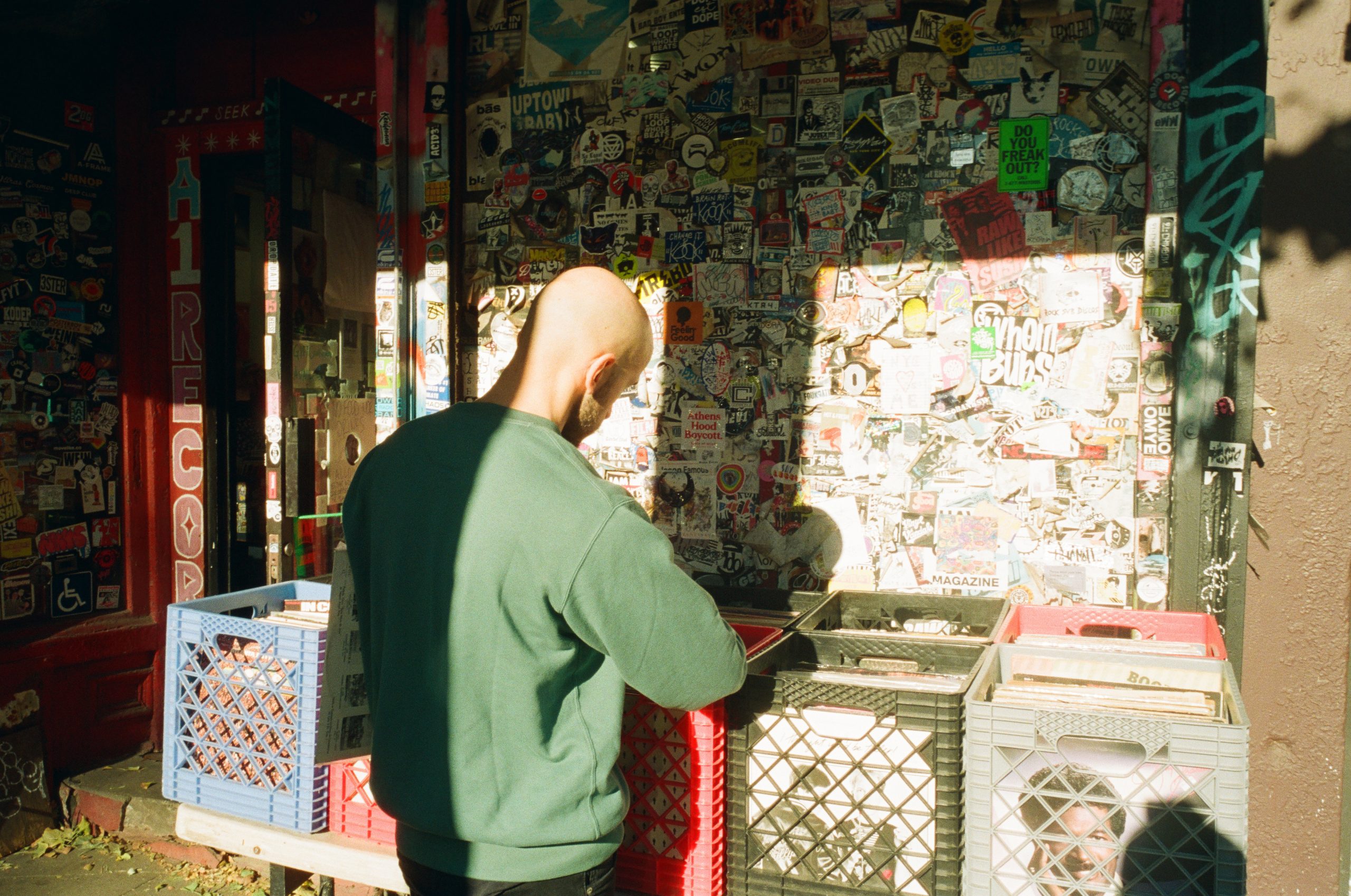
What’s your favourite album of all time?
I was a huge music journalism nerd in high school and I have to say I’m happy that I grew out of that phase. This is quite a hot topic and I always think it is extremely subjective – everyone’s experience of music varies based on factors such as language. With that in mind, I think the greatest jazz albums, like Miles Davis’ Kind of Blue, should trump the most legendary PR-assisted rock and hip-hop albums. I would also say Madvillainy by Madvillain is my personal all-time best album because of the extraordinary use of sampling techniques while still delivering a collection of tracks that transport you to another world.
Where’s your dream gig destination?
I’ve been hearing some great things about Wadi Rum in Jordan and Bonjuk Bay in Turkey, so I’d definitely say these are on my dream gig list.
Follow YUNG’s music pages to discover more about up and coming regional and international talent like Sam Karam.
